New information has emerged about DJI’s upcoming Neo drone, suggesting impressive First Person View (FPV) capabilities and expanded controller compatibility. According to details shared by drone enthusiast Jasper Ellens on X (formerly Twitter), the DJI Neo is shaping up to be a versatile and powerful addition to the company’s lineup.
Advanced FPV Features
Ellens reports that the DJI Neo will offer FPV capabilities similar to the Avata 2, with support for “Goggles 3 (1080p@60fps 74.4ms) + FPV RC3.” This low-latency video transmission should provide an immersive flying experience for pilots.
The drone is said to support several flight modes, including:
- Real View
- Easy ACRO
- RockSteady
- Flight In M Mode
- Head Tracking
- Ultra-Low-Height Flight
- Gyroflow stabilization
These features suggest the Neo will cater to both beginner and advanced FPV pilots, offering a range of flying styles and stabilization options.

Expanded Controller Compatibility
In a follow-up post, Ellens revealed that the DJI Neo will be compatible with the RC-N2 controller, which is used with the Mini 4 and Air 3 drones. This compatibility indicates that DJI may be standardizing its control ecosystem across multiple product lines.
Ellens speculates that DJI is “finally settled for the O4 ecosystem,” referring to the company’s video transmission technology. He also gives a “90% chance” that the Neo will work with the DJI RC 2 controller, though this is not yet confirmed.

Potential Impact on the FPV Market
The DJI Neo appears to be positioned as a versatile FPV drone that could appeal to a wide range of users. By offering advanced features and broad controller compatibility, DJI may be aiming to consolidate its position in the growing FPV segment.
DroneXL’s Take
The rumored features of the DJI Neo align with the broader trend of FPV Drones becoming more accessible and versatile. As we’ve seen in recent FPV drone coverage, manufacturers are increasingly focusing on user-friendly features that lower the barrier to entry for new pilots while still offering advanced capabilities for experienced users.
The potential compatibility with existing DJI controllers is particularly interesting, as it could allow current DJI drone owners to easily add an FPV model to their kit without investing in entirely new control hardware. This strategy could help DJI further solidify its dominant position in the consumer drone market.
What are your thoughts on the rumored DJI Neo and its potential impact on the FPV drone scene? Share your opinions in the comments section below.
Discover more from DroneXL
Subscribe to get the latest posts sent to your email.
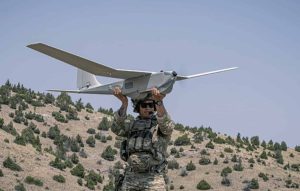
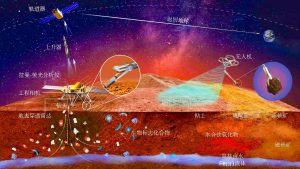
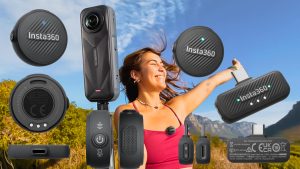
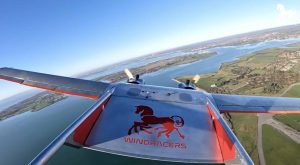
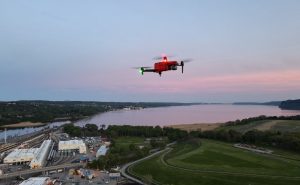
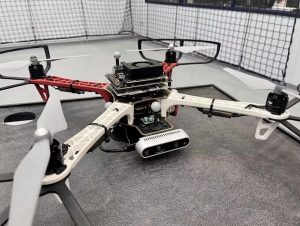

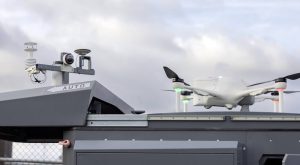

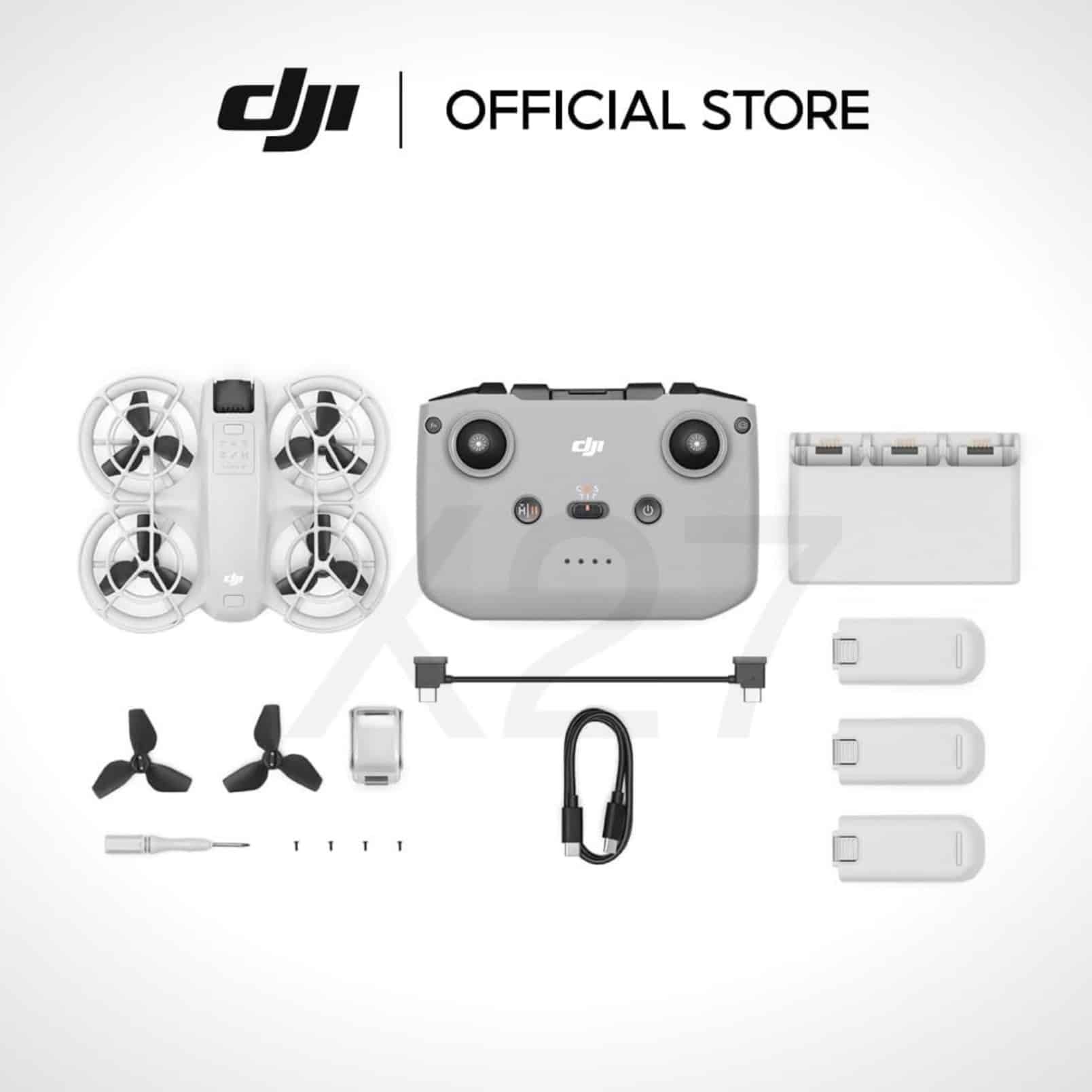
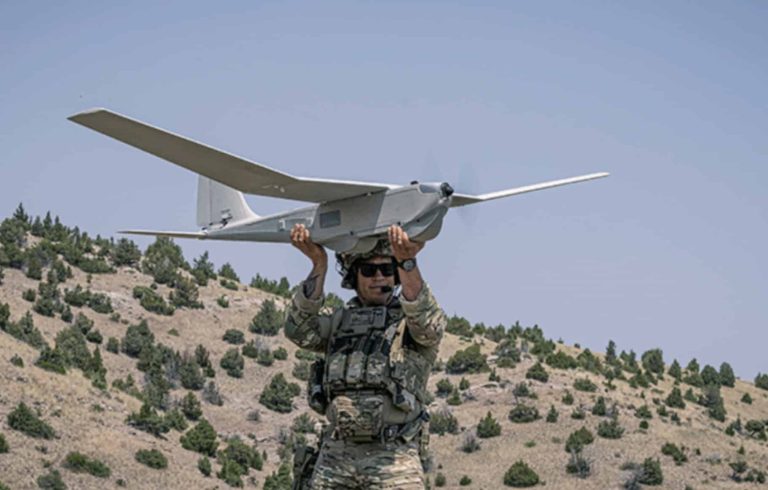
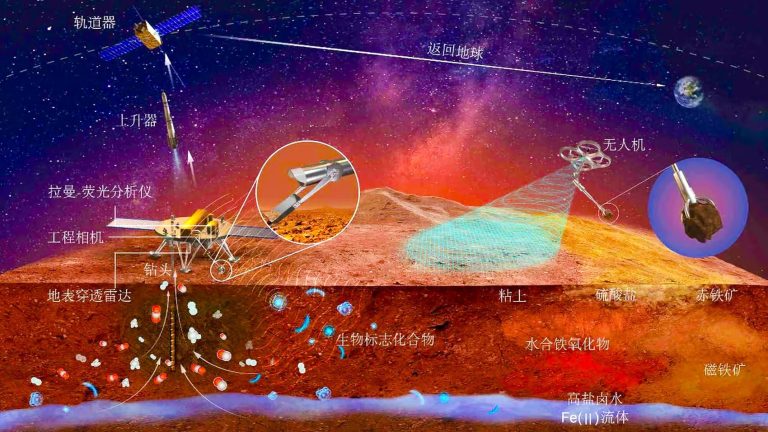
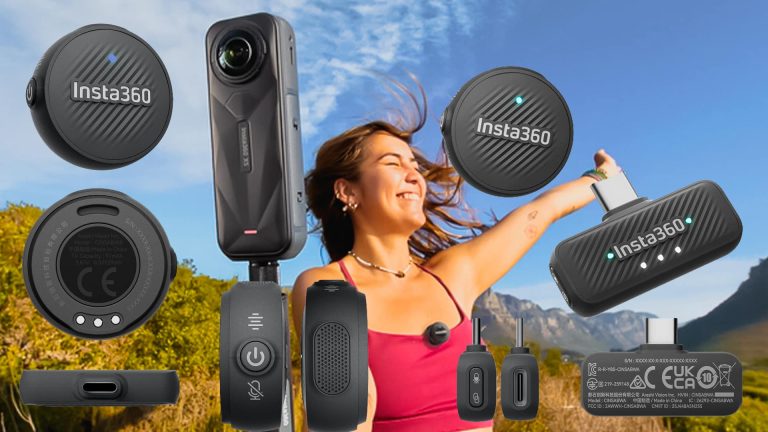

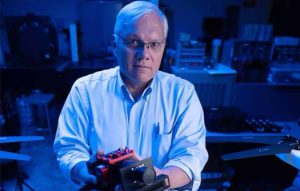
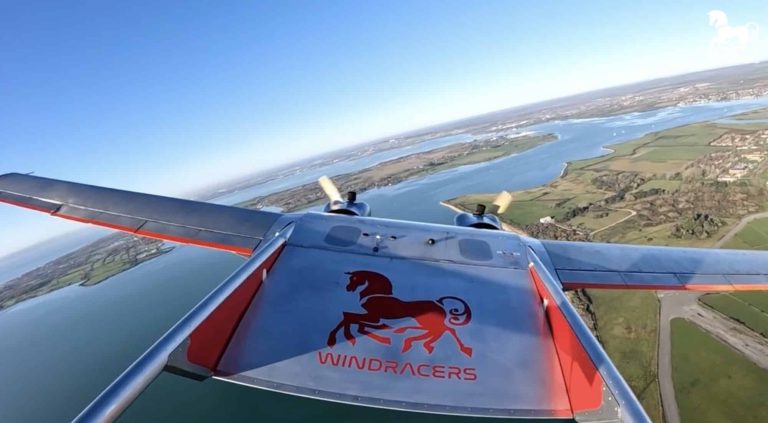

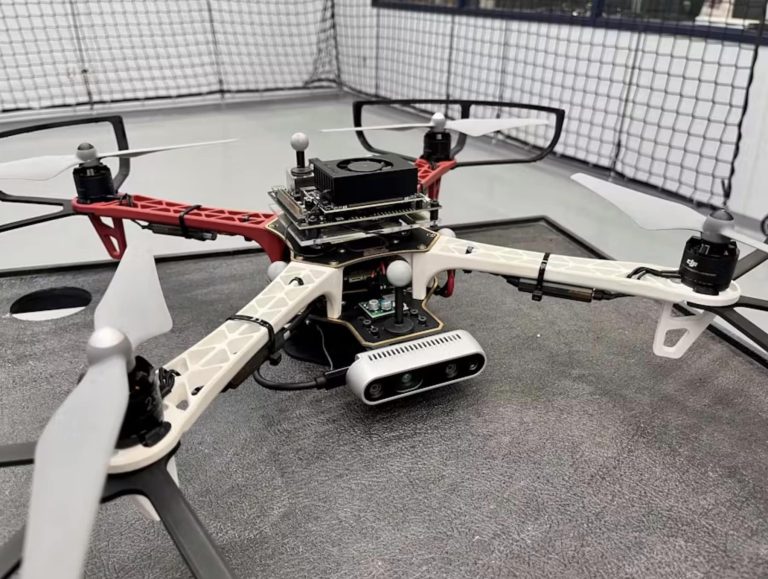

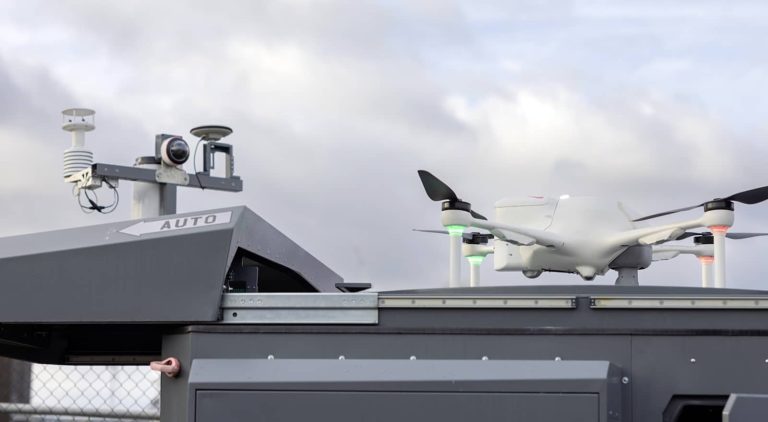
+ There are no comments
Add yours